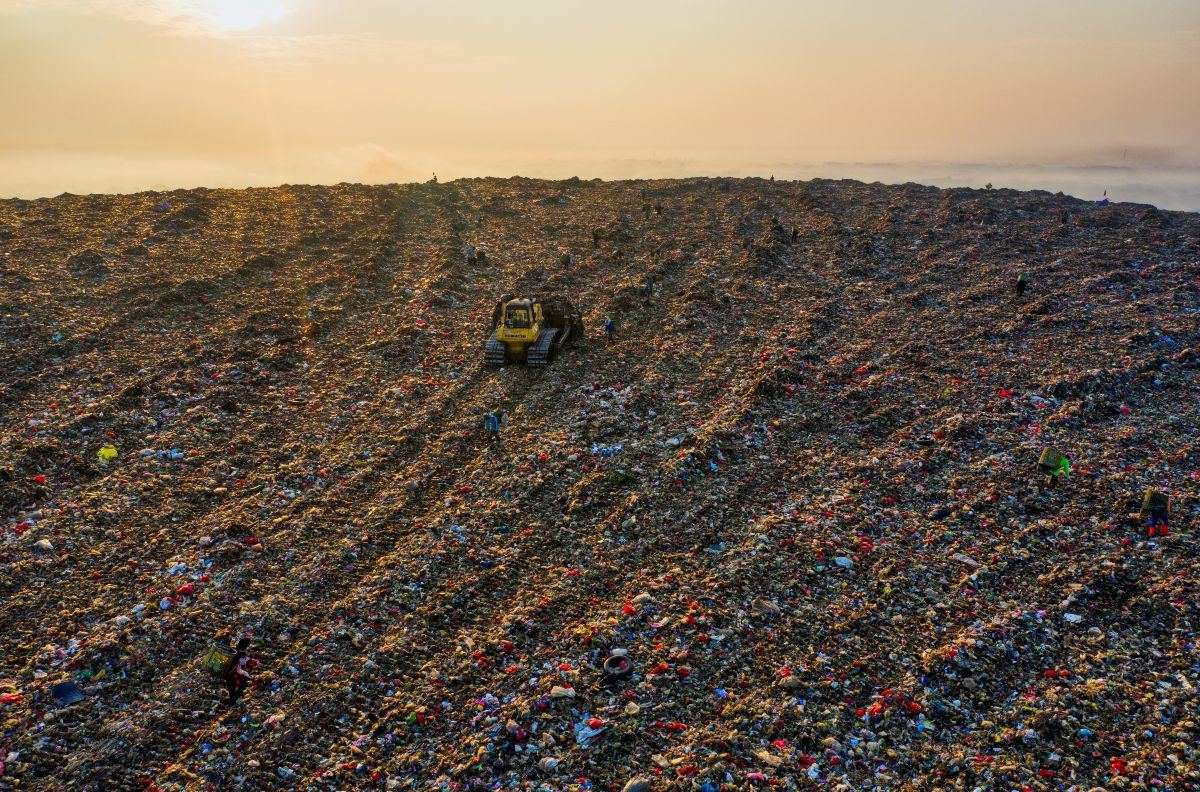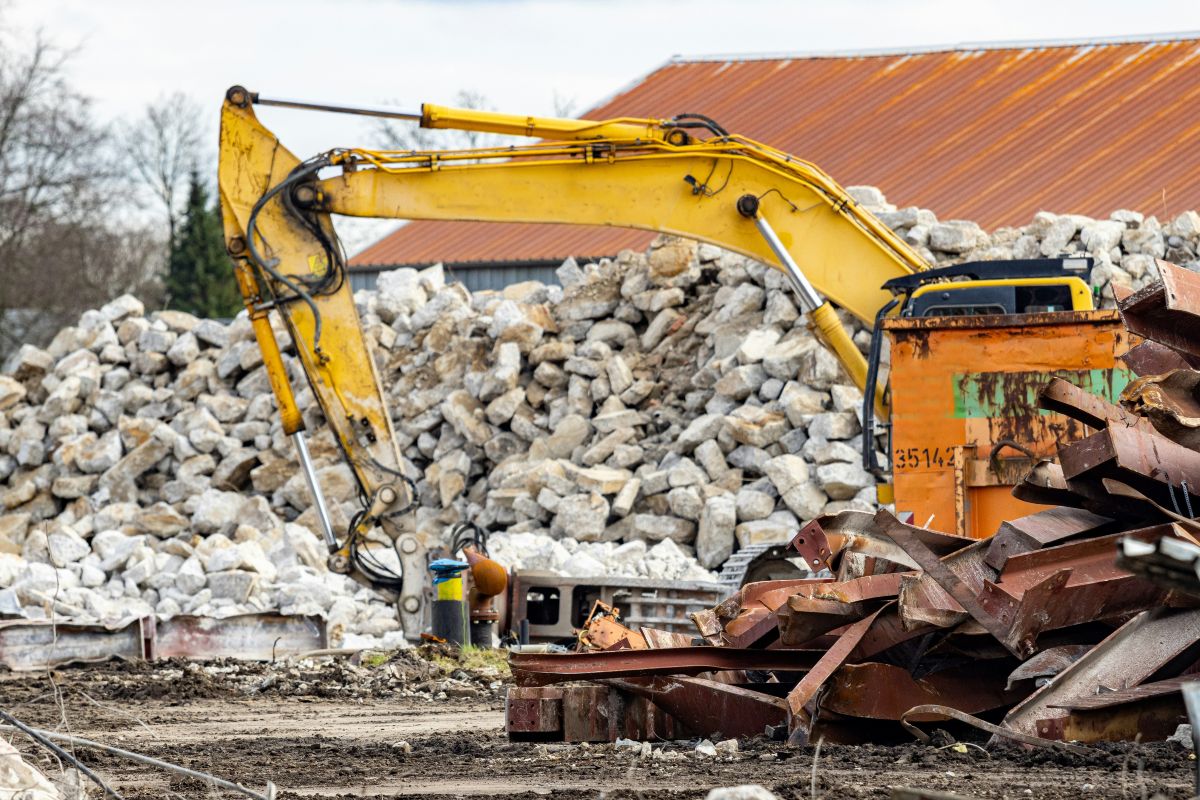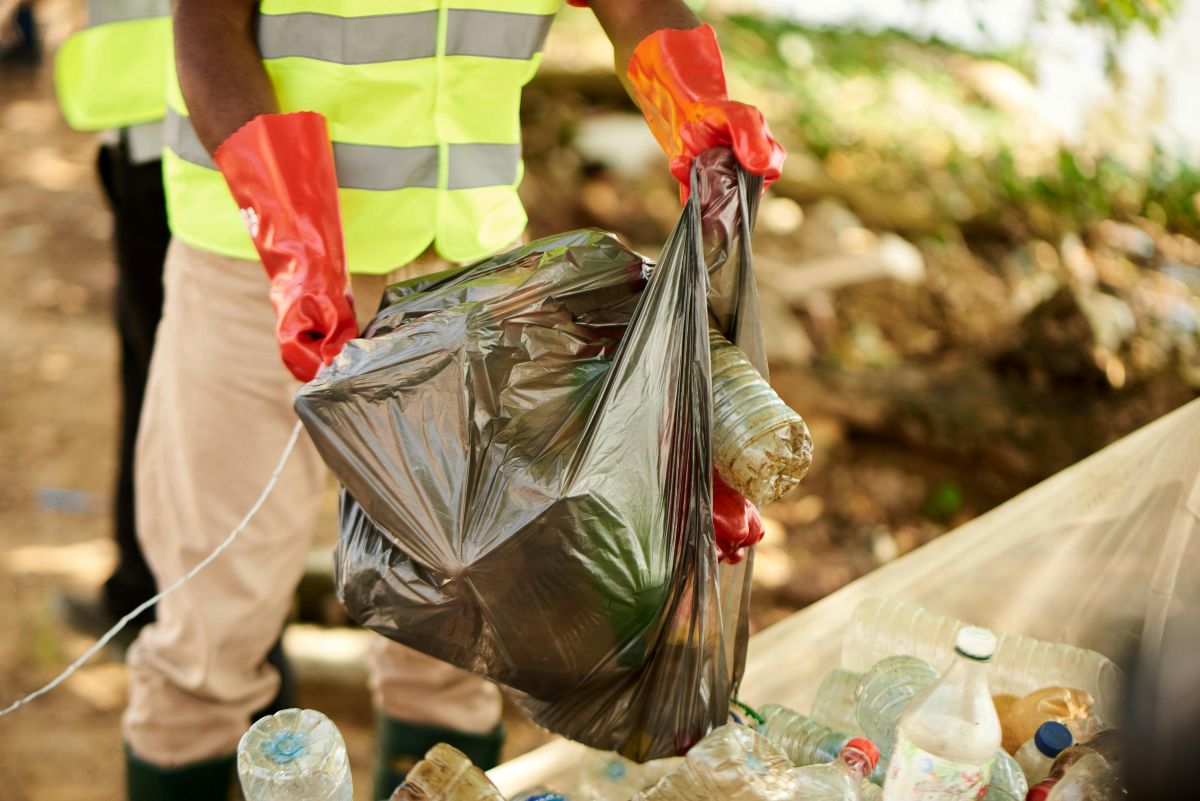Waste disposal and recycling in Kentucky are regulated by a series of environmental protection laws designed to safeguard public health, preserve natural resources, and reduce landfill waste. For residents, businesses, and waste management companies operating in areas like Lexington KY, understanding these laws is key to remaining compliant and environmentally responsible.
In this article, we’ll break down the major regulations, enforcement agencies, and best practices related to waste disposal and recycling in Kentucky.
Overview of Regulatory Agencies and Legal Framework
Kentucky’s primary governing body for environmental matters is the Kentucky Energy and Environment Cabinet (EEC), which oversees the Division of Waste Management (DWM). These agencies implement and enforce state and federal laws, including those under the Resource Conservation and Recovery Act (RCRA) and the Clean Water Act (CWA).
The DWM is responsible for issuing permits, conducting inspections, and overseeing programs related to:
Municipal solid waste
Hazardous waste
Recycling programs
Landfill compliance
Special waste management (construction debris, sludge, etc.)
Solid Waste Management in Kentucky
Under 401 KAR Chapter 47, Kentucky law requires solid waste to be disposed of at permitted facilities. Illegal dumping is strictly prohibited and may result in fines of up to $25,000 per violation. Landfills must adhere to specific engineering, lining, and monitoring requirements to prevent groundwater contamination.

Local governments, including Lexington-Fayette Urban County Government (LFUCG), work with private haulers and regional waste coordinators to ensure solid waste is collected, transported, and disposed of responsibly.
Recycling Regulations and Support Programs
Kentucky encourages recycling through various local and statewide initiatives. While recycling is not mandatory for every household, many counties—including Fayette—offer curbside recycling services.
The Kentucky Pride Fund, supported by landfill tipping fees, provides grants for:
Recycling infrastructure
Household hazardous waste collection events
Composting programs
Facilities that process recyclable materials must be registered with the state and meet safety and environmental guidelines.
Hazardous and Special Waste Requirements
Businesses generating hazardous waste in Kentucky must comply with state and federal standards for storage, transportation, and disposal. Generators are categorized based on the quantity of waste produced, and each category has specific reporting and handling requirements.

Construction and demolition (C&D) debris, used tires, and e-waste also fall under special waste management categories. These materials must be directed to designated landfills or recycling centers.
Penalties for Non-Compliance
Violating Kentucky environmental protection laws can result in:
Civil penalties (up to $25,000/day for serious violations)
Criminal charges for willful neglect or illegal dumping
Suspension of business licenses or waste hauling permits
The EEC maintains an online enforcement tracker to ensure transparency and encourage compliance across all counties.
Best Practices for Compliant Waste Disposal and Recycling
To stay in compliance and support environmental goals:
Partner with a licensed waste hauler or dumpster rental provider
Separate recyclables and hazardous items from general waste
Confirm your landfill or transfer station is permitted by the state
Educate staff and subcontractors on materials handling protocols
SE Dumpster Solutions works with homeowners, businesses, and contractors to ensure waste is disposed of legally and responsibly throughout Lexington and Central Kentucky.
Ensure Your Waste Disposal Is 100% Compliant
If you’re planning a renovation, cleanup, or commercial project, partner with SE Dumpster Solutions to ensure your waste disposal meets all Kentucky environmental regulations.
Contact us today for expert advice and reliable service tailored to your city’s recycling and waste laws.

